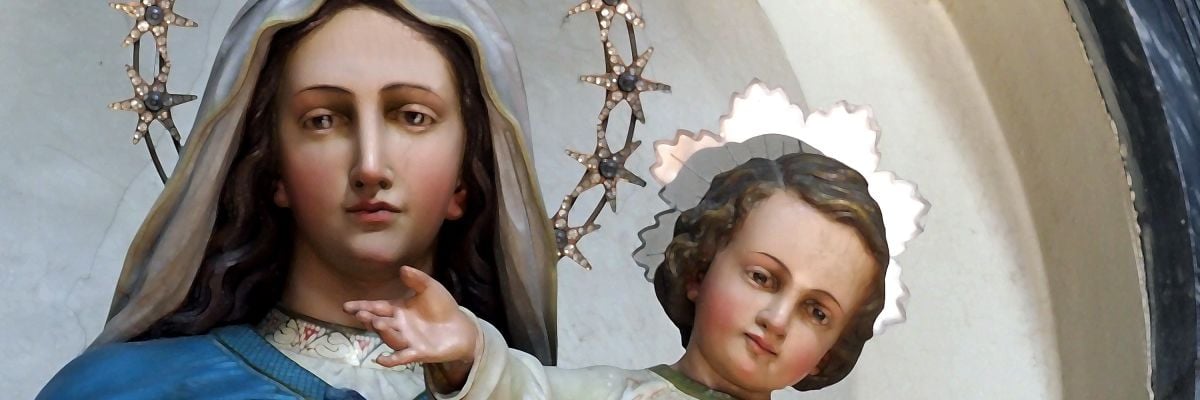
Question:
Answer:
The Church teaches that Mary remained a virgin throughout her life.
The Catechism of the Catholic Church:
The deepening of faith in the virginal motherhood led the Church to confess Mary’s real and perpetual virginity even in the act of giving birth to the Son of God made man. In fact, Christ’s birth “did not diminish his mother’s virginal integrity but sanctified it.” And so the liturgy of the Church celebrates Mary as Aeiparthenos, the “Ever-virgin.”
Against this doctrine the objection is sometimes raised that the Bible mentions brothers and sisters of Jesus. The Church has always understood these passages as not referring to other children of the Virgin Mary. In fact, James and Joseph, “brothers of Jesus,” are the sons of another Mary, a disciple of Christ, whom St. Matthew significantly calls “the other Mary.” They are close relations of Jesus, according to an Old Testament expression.
Mary “remained a virgin in conceiving her Son, a virgin in giving birth to him, a virgin in carrying him, a virgin in nursing him at her breast, always a virgin” (St. Augustine, Serm. 186, 1: PL 38, 999): with her whole being she is “the handmaid of the Lord” (Luke 1:38) (CCC 499-501).



